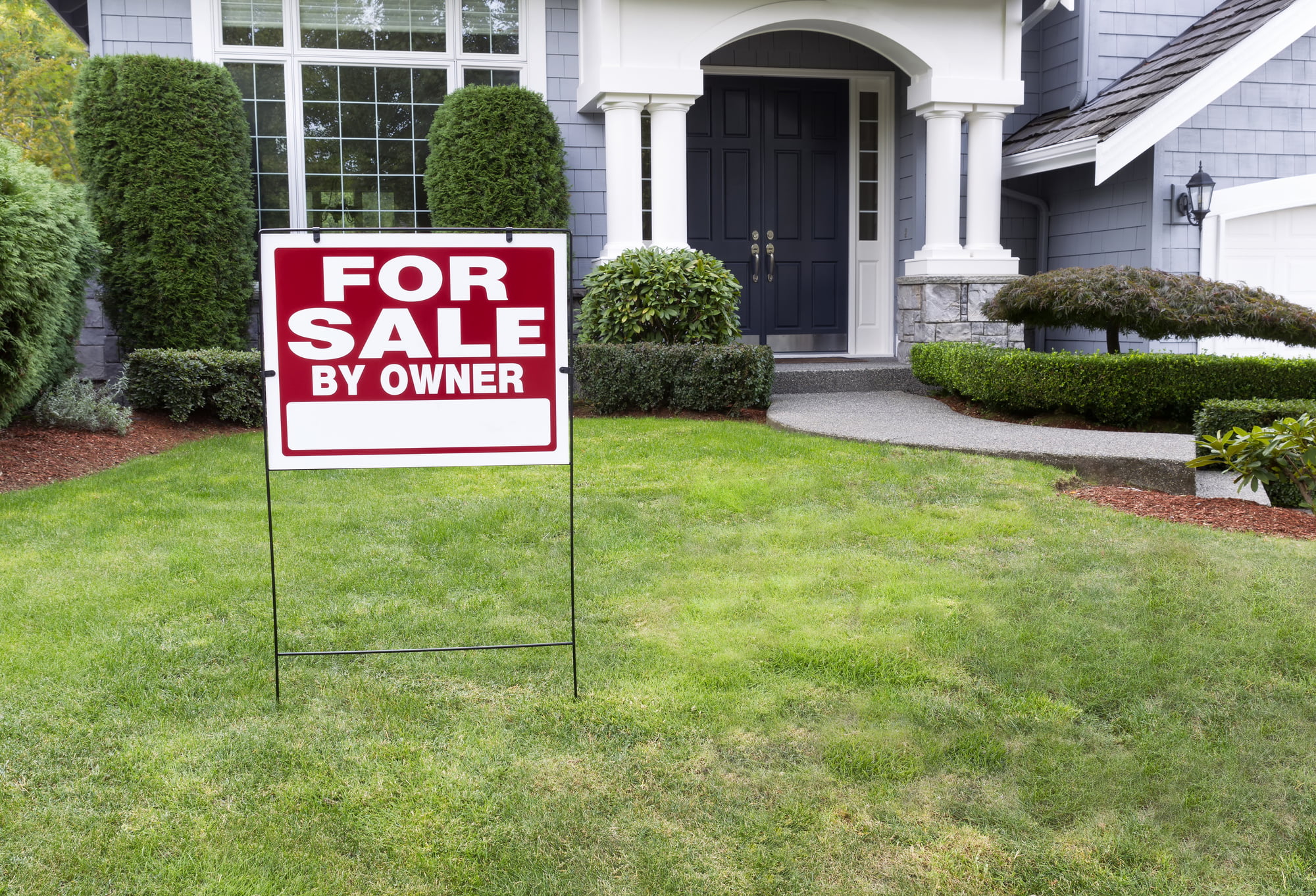If you are ready in selling your home, you have made a smart decision. The real estate market is incredibly strong, and while supply is still low, inventory is up nationwide.
All indications point towards a prosperous and stable market moving forward. The decision to sell your home can be fraught with anxiety, though.
Here are a few tips to help you prepare and make the process less intimidating.
Evaluating Your Need to Sell
Evaluating your need to sell your home is best done by understanding your personal needs and financial goals. Before beginning the process of selling your home, ask yourself why you want to sell in the first place. Make sure that you can comfortably afford the expenses of listing your home for sale, as there are realtor fees, closing costs, upside down in mortgage prepayment penalties, and other costs that may be associated with selling your home.
If you are struggling to make ends meet, selling your home is probably not the best option. Additionally, evaluating the market and understanding home values in the area you live in is a great step in determining the best course of action. Beyond these considerations, you may need to evaluate any emotional ties you have to your current home before selling.
Preparing for Open House Visits
When preparing for open house visits, it is important to consider several factors. Make sure your home is in pristine condition and appeals to potential buyers.
Clean and de-clutter the space and make small improvements where necessary. Consider making small home upgrades, such as replacing outdated kitchen appliances or applying a fresh coat of paint. This may make your home more attractive to buyers.
Calculating Your Home’s Market Value
Calculating your home’s market value includes various factors such as location, age of home, condition, and current market trends. For a more accurate market value, you need to consider the home’s square footage, number of rooms, amenities, parking facilities, and general area reputation.
Home sellers must also make sure to determine the most likely buyers and measure the competitive marketplace in order to set the right price. You should also consult with a skilled real estate professional who can review factors such as home improvements and existing mortgages associated with the home.
Taking Care of Property Repairs
When considering the sale of your home, it is important to take care of any property repairs as best as possible before putting your house on the market. These repairs can include basic updates to the plumbing and electrical systems but also things like painting and fixing any exterior damage.
Ensuring that all repairs are made not only allows you to get the best price for your home but also gives potential buyers a sense that the property is well-maintained and safe. Additionally, any necessary repairs should be inspected by a professional to ensure that they are of the highest standards.
Choosing Your Listing Agent
Choosing your listing agent should not be taken lightly. You will be relying on their expertise to help you get the best deal on your home. When looking for the right agent, it is important to consider their track record in selling a house, their knowledge of the market, the level of communication they offer, the marketing strategies they plan to use, and their fees.
Make sure they have the experience to effectively and efficiently sell your home within the timeline you desire. You also want an agent that knows the complexities of the market and can inform you of any potential buyers you should watch out for.
List Your House With Professional Photos
Professional photographs can make a huge difference in the amount of attention your home receives. Professional photos add credibility and also provide potential buyers with a first impression that makes them want to learn more about your property. Professional photos also allow buyers to get a better view of the space, making it easier for them to imagine themselves living there.
Quality photographs can also help to showcase the lifestyle associated with your home and its convenient location, making it stand out compared to other properties on the market. Overall, in order to make a successful sale, listing your house with professional photos is essential.
Dealing with Property Tax Implications
Before selling a home, one of the most important considerations is dealing with property tax implications. Selling a home creates a taxable event and could potentially trigger a capital gains tax if the sale price is substantially higher than the amount paid for the home.
Homeowners should research their local property taxes thoroughly and understand what their tax obligations will be if they decide to sell. It is also important to understand the basics of property tax deductions and exemptions.
Homeowners should research the types of deductions or exemptions that may be applicable to their situation to ensure they can maximize their post-sale profits while staying compliant with applicable tax laws.
Maximize Home Curb Appeal
Improving the appearance of a home’s exterior involves making repairs to the landscape, architecture, and other features. The homeowner should trim any overgrown shrubs and trees, repair any patches of grass, and add bursts of color with potted plants, hanging flower baskets, or seasonal decorations.
Furthermore, updating outdoor lighting, giving front doors and siding a fresh coat of paint, and replacing old exterior hardware can also greatly enhance the home’s curb appeal. With the right effort, homeowners can make a positive first impression and maximize their home’s appeal to make the sale.
Set a Reasonable Asking Price
Before setting a reasonable asking price for a home, homeowners should consider a few key factors. These include ensuring that the home is in its best condition for potential buyers, researching the current real estate trends to determine how much comparable properties in the area are selling for, and hiring an appraiser for a professional opinion on the home’s true market value.
Additionally, it is important to consider the home’s unique features and location to better determine what should be the reasonable asking price. Other important factors to consider include the availability of local amenities, school districts, and the local crime rate, all of which can affect a potential buyer’s decision to purchase a home.
Make a Game Plan for Moving Out
Before selling your home, it’s important to make a game plan for the selling process and moving out. First, consider what type of sale you’d like to pursue and whether it’s best to go through a real estate agent or a private sale.
Next, clearly define what items will be included in the sale and take note of any contingencies. Finally, factor in home improvements that might need to be made prior to listing the home and the costs associated with preparing the home for sale. The moving process can be complicated, so make sure to take time and plan ahead.
Closing the Deal
When deciding to sell a home, there are several aspects homeowners should consider before closing the deal. Firstly, homeowners should compare their home’s estimated worth with selling prices in their area. Secondly, it’s important to research the current market conditions in their area to determine the best strategy for selling the home to maximize returns.
Homeowners should also research recent home sales in the area to establish their home’s true market value. Homeowners also need to consider their motivation for selling the home, such as moving to a new area, downsizing, or taking advantage of a hot market. Homeowners should discuss any terms or special conditions with their buyers prior to closing the deal.
Calculating Moving and Closing Costs
When selling a home, it’s important to consider all the potential costs associated with the sale, including moving and closing costs. Moving costs include packing materials and the costs of moving truck rental and labor. Closing costs may include administrative fees, prepaid interest, and transfer taxes. Be sure to assess these costs upfront and budget accordingly.
Consider using a financial advisor or real estate agent to help you evaluate your finances and assess the costs associated with selling your home. An experienced professional will be able to carefully go over all your expenses and make sure that you feel confident and ready to make the transition.
Start Selling Your Home Now
Congratulations on taking the first step toward selling your home! Now, it is important to consult a trusted real estate advisor to help you understand the legal and financial implications of a home sale.
Doing this will ease the process and make sure you get the best possible outcome.
Did you find this article informative? Check out the rest of our blog for more!




